There is a growing trend internationally of research into psychedelic therapies and hallucinogenic compounds. These compounds have been recognised for their therapeutic potential in treating psychiatric conditions such as treatment-resistant depression, post-traumatic stress disorder (PTSD), anxiety, substance misuse disorders and also in the treatment of end-of-life care.
What is Treatment-Resistant Depression?
This is a medical term used when a patient has tried at least two different anti-depressant medications without a sufficient response. Around 30 to 40% of patients diagnosed with depression are treatment-resistant. These people have persistent depressive symptoms even after trying several treatments. Often there are complicating factors involved such as other mental health conditions (e.g. OCD, anxiety, personality disorder) and/or physical health problems like diabetes and cardiovascular disease.
What is Psilocybin?
Psilocybin is a hallucinogenic (also known as a psychedelic) compound found in specific types of mushrooms, known colloquially as “magic mushrooms”. In New Zealand psilocybin is classified as a Class A Controlled drug and has very tight rules governing its use. Psychedelic compounds can temporarily induce altered states of consciousness. People who take these drugs can experience hallucinations, mood distortions, and distortions in time and thought. The hallucinogenic properties cause a person to see, hear and feel sensations that aren’t actually real but feel like they are.
The Fascinating History of Psilocybin
Psilocybin mushrooms have been used by many cultures historically as part of religious and healing ceremonies, as a way to communicate with the gods and for spiritual experiences. Research into psychedelic compounds started in the 1940s to see if they could be used therapeutically. This research came to a sudden stop in the 1960s because of the wide uptake of hallucinogenic drugs like LSD. Governments around the world became worried about the use of these drugs recreationally and this started what is now known as “the war on drugs”. Any further research into the potential of these compounds to be used in a way to benefit health was swiftly shelved and restrictive drug laws were introduced worldwide from the 1960s onward.
Australia is Leading the Way
Australia was the first country in the world to classify the psychedelic compounds psilocybin and MDMA (ecstasy) as medicines. Since 2023 these medicines have been prescribed for treatment-resistant depression in Australia.
What’s Happening in New Zealand?
On the 18th of June 2025 a New Zealand psychiatrist was granted approval by Medsafe to prescribe psilocybin for treatment-resistant depression.1 This is the first time in New Zealand that psilocybin is able to be prescribed outside of a research setting. At this stage, it is only one experienced clinician who can prescribe it as this doctor has already been prescribing it for some time in medical trials.
Undergoing psilocybin treatment is quite different from the normal process of being prescribed a typical prescription medicine. The process involves several steps including careful patient selection then sessions with a therapist to prepare for the psychological experience. The treatment session with psilocybin involves receiving a controlled dose in a closely monitored clinical setting.2 The patient will have a psychedelic experience over several hours. This can be a challenging experience so the patient will have the support of health clinicians during this time. An essential part of treatment is psychotherapy to provide psychological support before, during and after administration of the drug. This part of the treatment helps to integrate and process the insights gained from the patient’s experience, and transform this into lasting positive behavioural changes.
How Does Psilocybin Treatment Work?
Psilocybin is thought to work by producing neurological and psychological effects that help to disrupt negative thought patterns and increase the flexibility of the brain (called “neuroplasticity”).3 It affects the brain in several ways. Psilocybin:
- activates serotonin receptors.
- enhances neuroplasticity – rewiring brain circuits to make them more receptive to change.
- decreases rigid thinking. In depression the brain often becomes repetitive and stuck in negative thought patterns. Psilocybin treatment can disrupt the neural pathways that are keeping the brain stuck and make it easier for the brain to form new thoughts and perspectives.
- alters brain networks – brain imaging has shown that psilocybin alters the Default Mode Network (DMN), a network in the brain that is associated with rumination and self-reflection. Psilocybin can decrease over-focus on self and increase a sense of connection to others and the world.4
It is important to understand that psilocybin treatment is not a cure for depression. The response rates and duration of the effects of psilocybin treatment differs among people. Not everyone responds to the treatment, but for some, there can be a rapid and significant reduction in depressive symptoms that can last for months, and sometimes up to two years.5
In the future further approvals may be granted by Medsafe to other qualified practitioners who want to prescribe psychedelics for therapeutic use in their patients. The use of psilocybin as a therapeutic treatment is in its very early stages at the moment in this country. However, it offers hope to those who have tried other treatments for depression that have not given them relief from their debilitating symptoms.






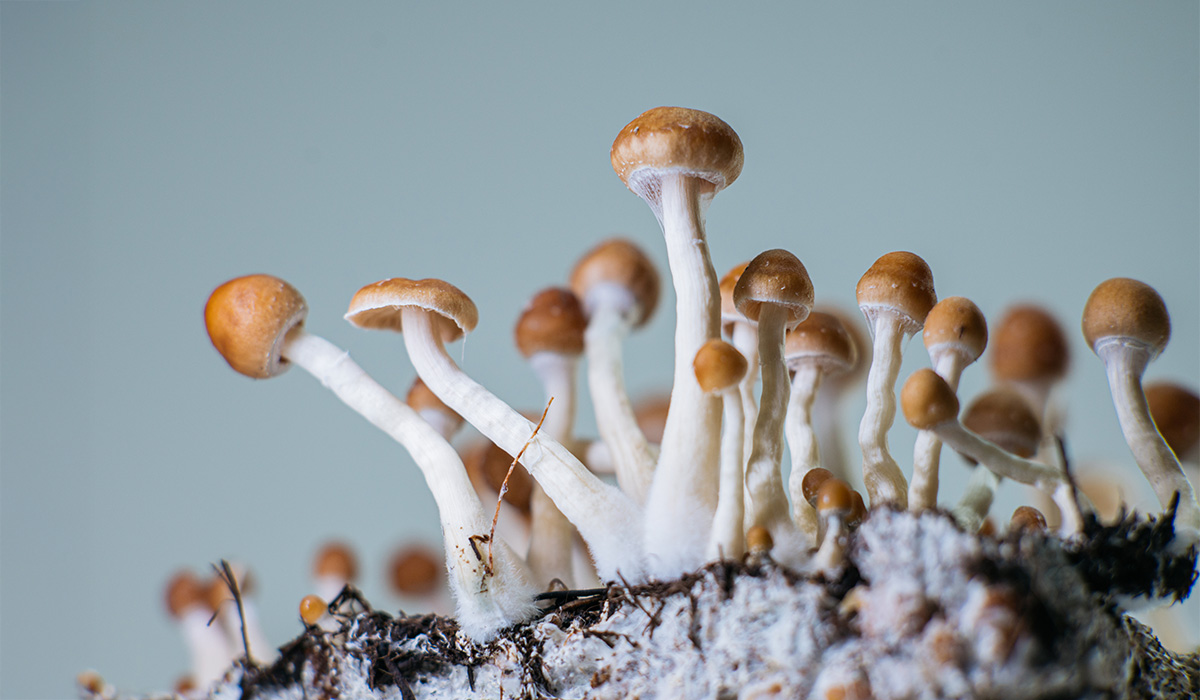


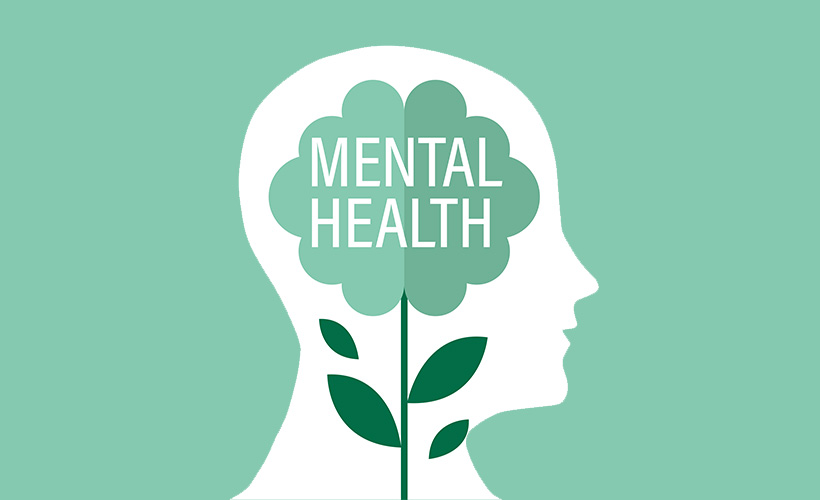
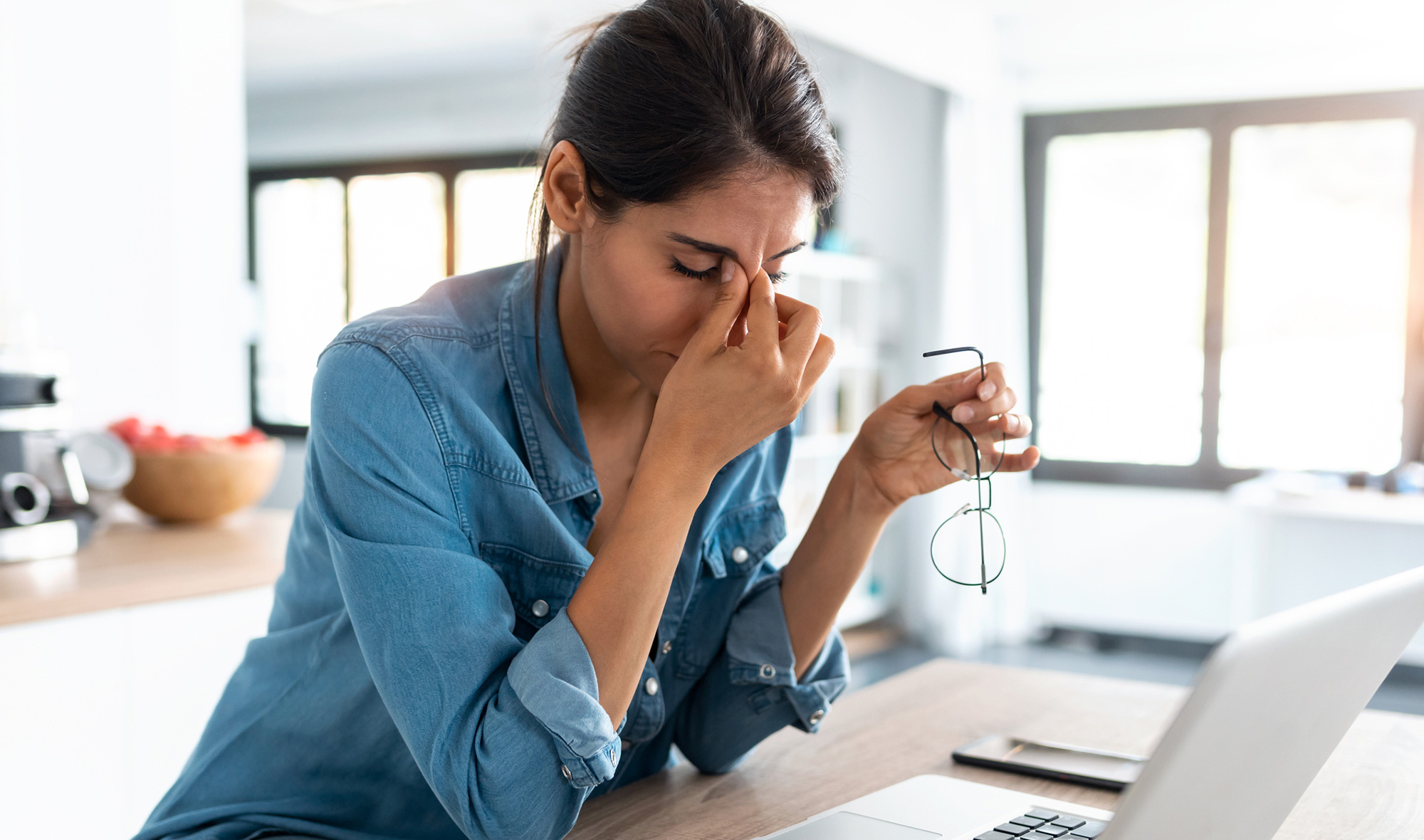



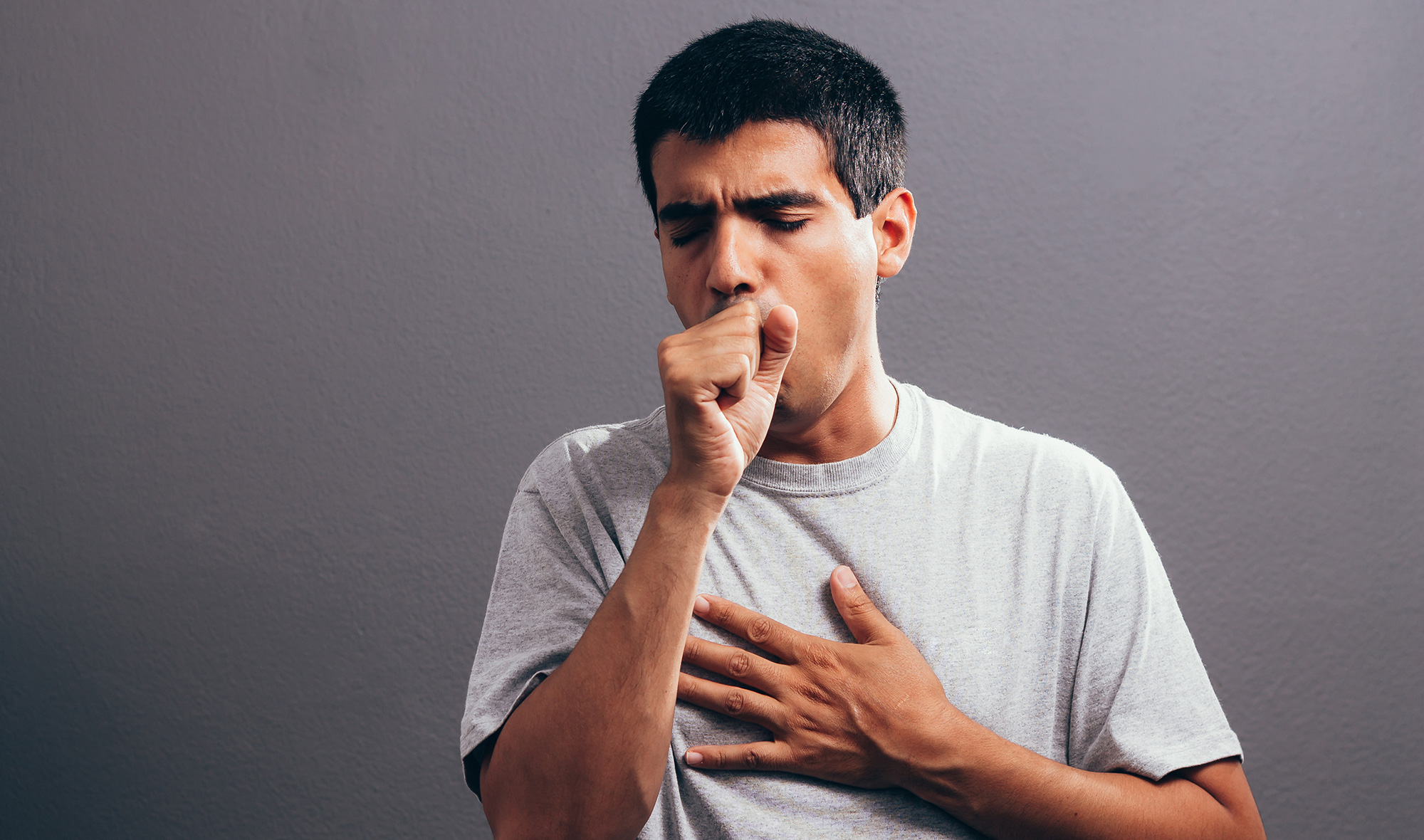

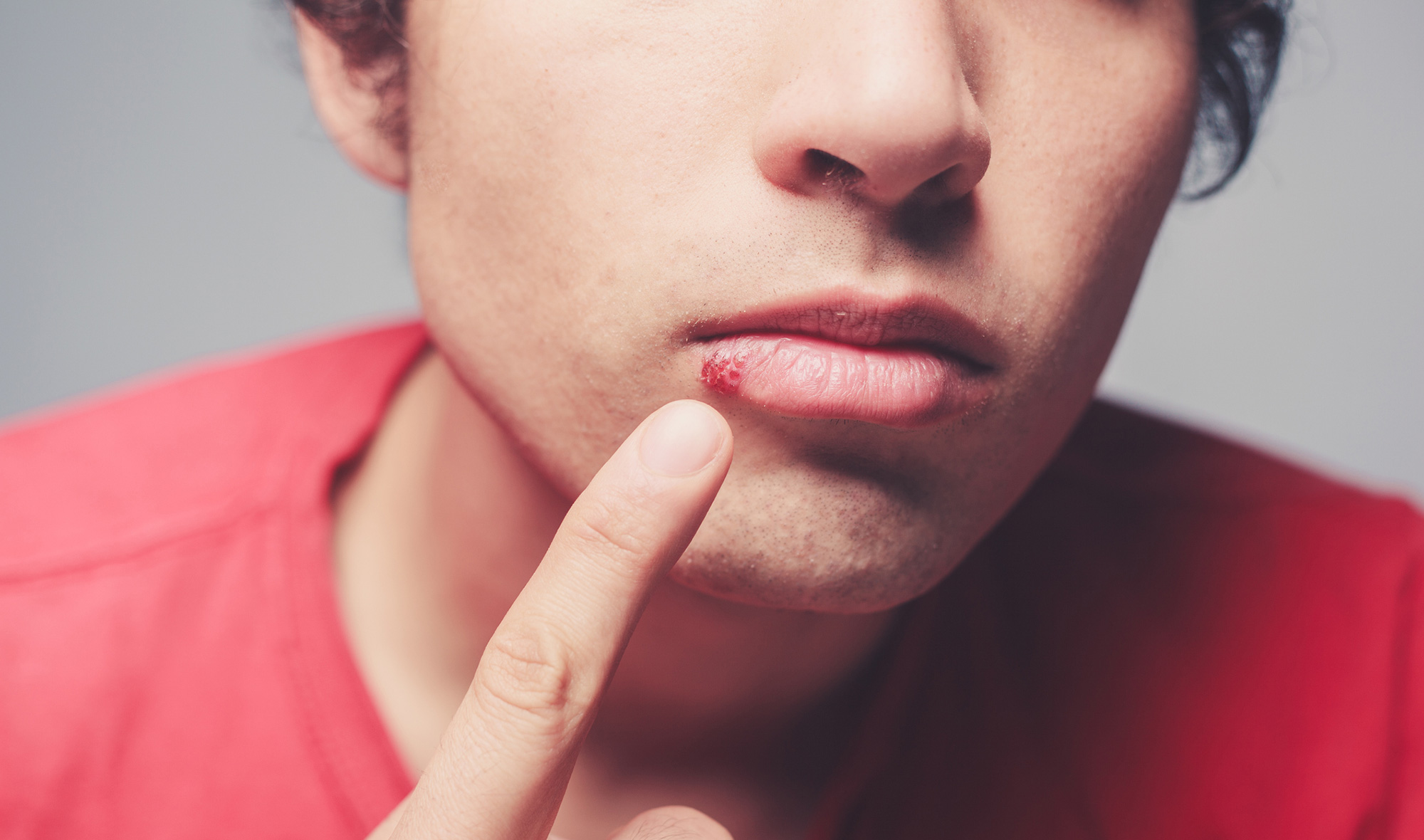

Community